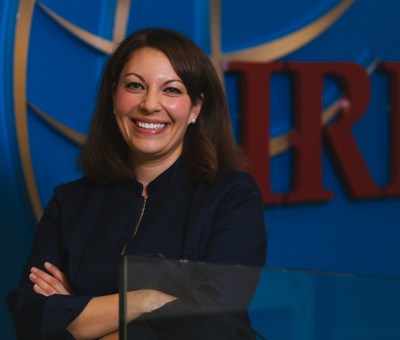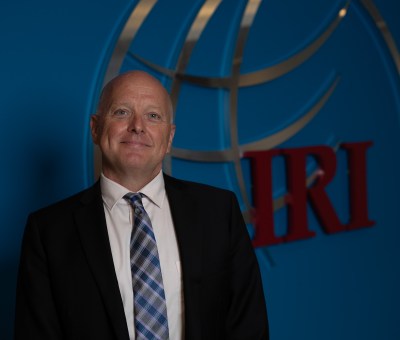Can Sudan’s Civilian Front Bring Peace?
“On May 27, a broad cross-section of Sudanese civil society organizations met in Addis Ababa for the founding conference of the Coordination…
Sudan has been working toward forming a transitional legislative council, drafting a new constitution, putting a peace agreement in place, and holding national democratic elections. However, military action in October 2021 has complicated Sudan’s path toward a peaceful democratic transition.
IRI is working with civil society, political parties, and transitional government bodies to establish and strengthen institutions and lay the foundation for a more peaceful, inclusive, and democratic Sudan.
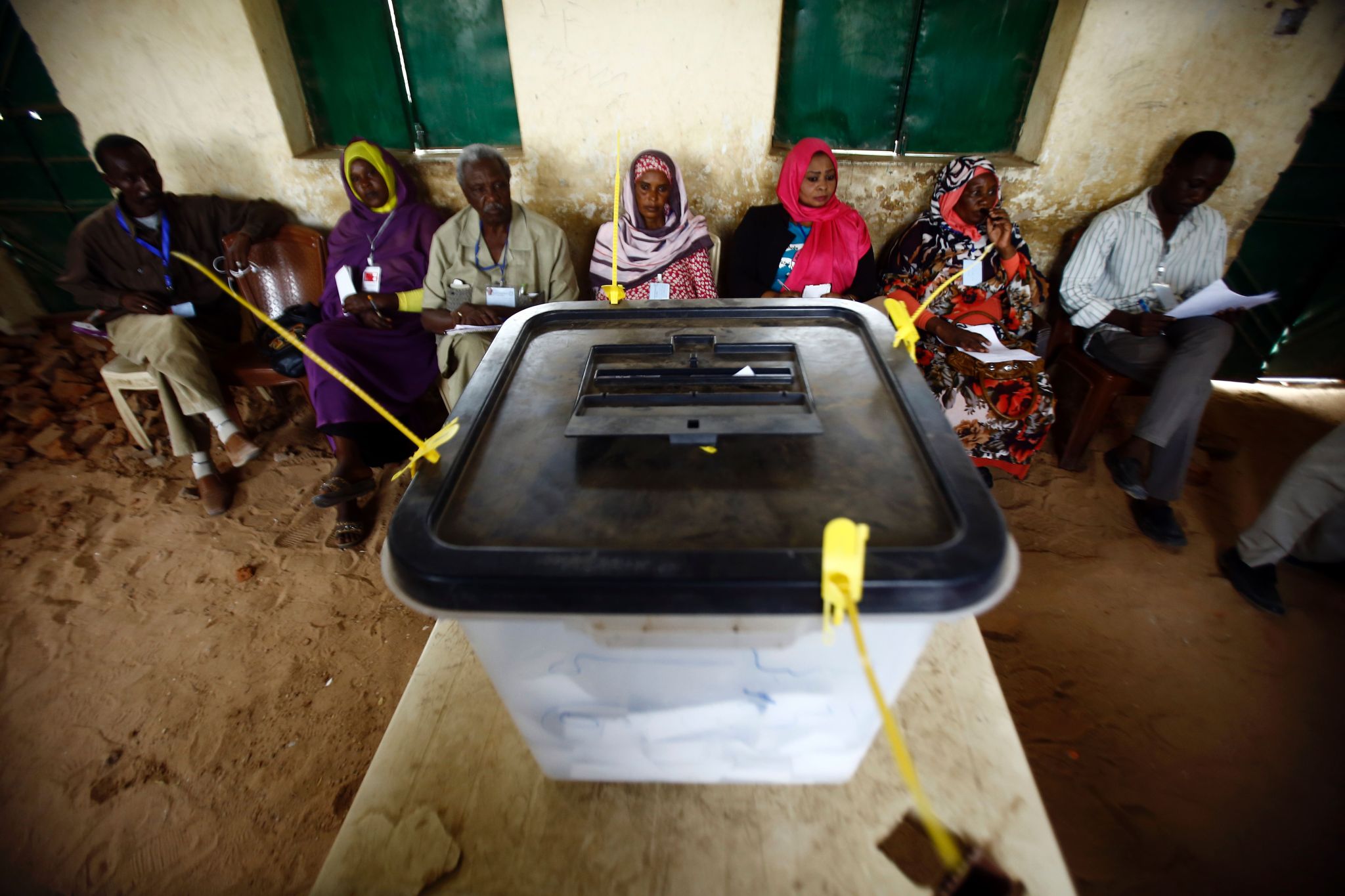
For Sudan to continue its transition to democracy, key stakeholders need critical support. IRI is working to build institutions’ responsiveness and accountability, make political parties more inclusive, boost citizens’ civic participation, and bolster the media.
A strong multiparty political system is crucial to realizing a democratic Sudan. IRI is building the capacity of political parties and supporting inter-party communication and coalition-building in order to help parties better coordinate around common interests. The newly formed Political Parties and Armed Movements Women’s Platform (PMWP), which gathers regularly for skill building and discussion about women’s participation in government, is an example of this work. IRI will continue to support new inter-party coalitions and, in particular, a political party advisory council that will guide engagement on policies, dispute resolution, conflict mitigation, consensus building, and communication strategies.
While working to support party capacity building and inter-party collaboration, IRI is also enhancing the inclusion of historically marginalized groups within party structures. These trainings are tailored to the specific needs of the political party and the marginalized individuals and are aimed to increase skills and to encourage convening exercises that bring together traditional party leaders and members of marginalized groups to enhance dialogue and emphasize the advantages of inclusive decision-making within political parties. For example, IRI has provided targeted trainings on leadership and peacebuilding to women in both the National Umma Party (NUP) and former armed group, the SPLM-North Al Hilu group to prepare them for their new leadership roles in government and in ongoing peace talks. Further, IRI plans to work with members of the transitional legislative council once established to ensure that marginalized groups have platforms to engage with one another and use collective action to address issues and advocate for policies.
Civil Society: IRI also works with civil society organizations to advocate for inclusive democratic processes, policies, and elections throughout the transitional process. IRI is providing a series of technical trainings to women and youth through coalitions such as the Youth Coordination Council (YCC) and the Women’s Coordination Advocacy Agenda (WCAA), two groups that bring together marginalized individuals from civil society organizations, political parties, and former armed groups to collaborate for greater inclusion in the transitional process. Research, Learning and Evaluation: Throughout this project, IRI is implementing evaluation, research and learning activities, such as annual citizen polling and national focus groups, to ensure that leaders of the transition are aware of and incorporating citizens desires and needs in their policy making, manifesto development, and advocacy initiatives.
“On May 27, a broad cross-section of Sudanese civil society organizations met in Addis Ababa for the founding conference of the Coordination…
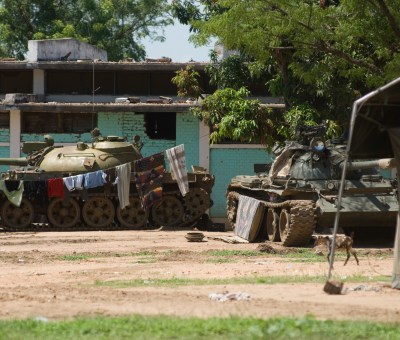
Since the breakout of war between the Sudanese Armed Forces (SAF) and the paramilitary group, the Rapid Support Forces (RSF)…
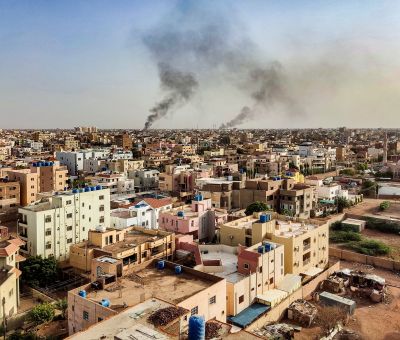
In the past four months, more than 2.4 million Sudanese people have fled their homes due to ongoing conflict, and…

On April 15, Khartoum’s residents experienced active civil conflict inside the capital city, something that has not happened since the…
